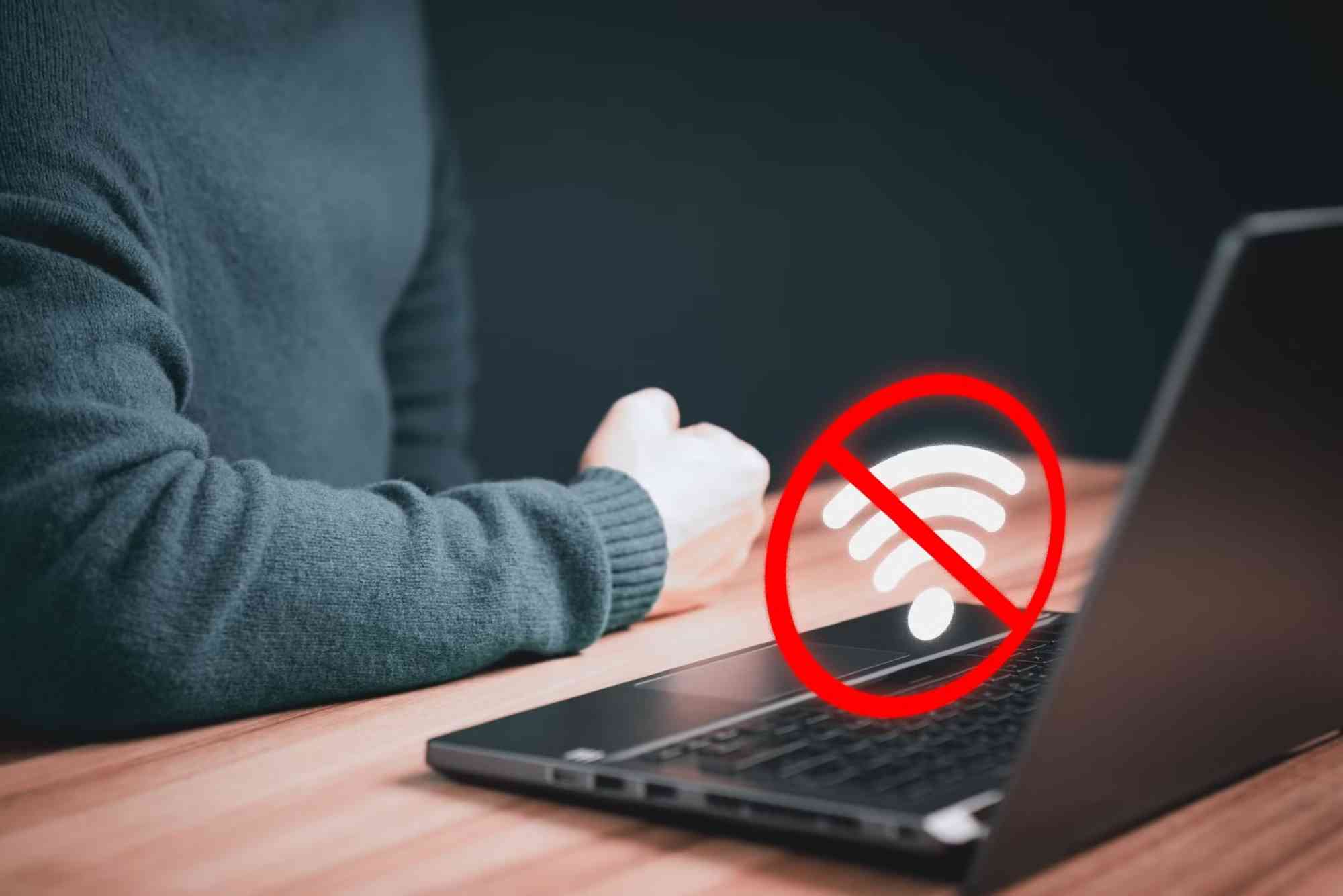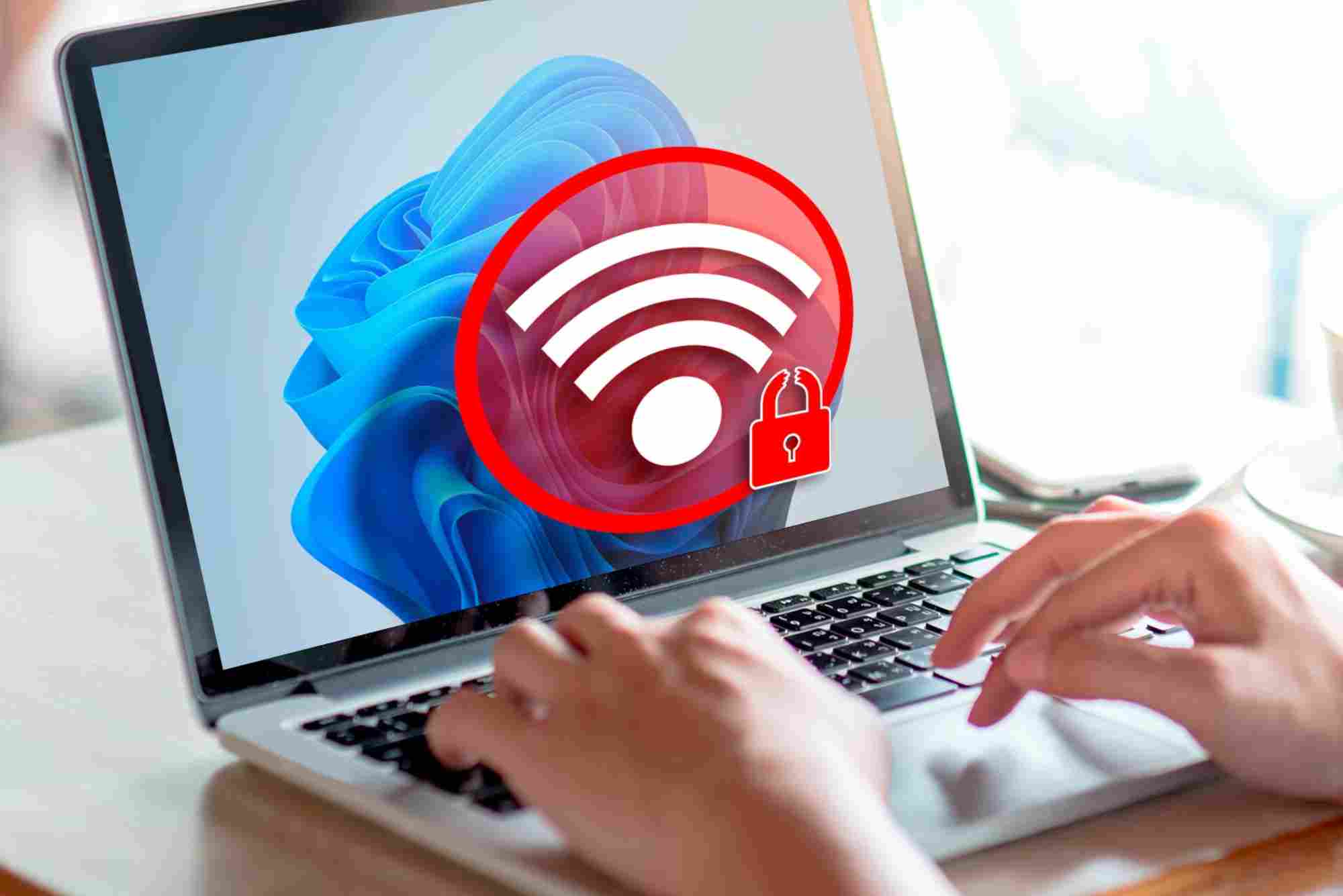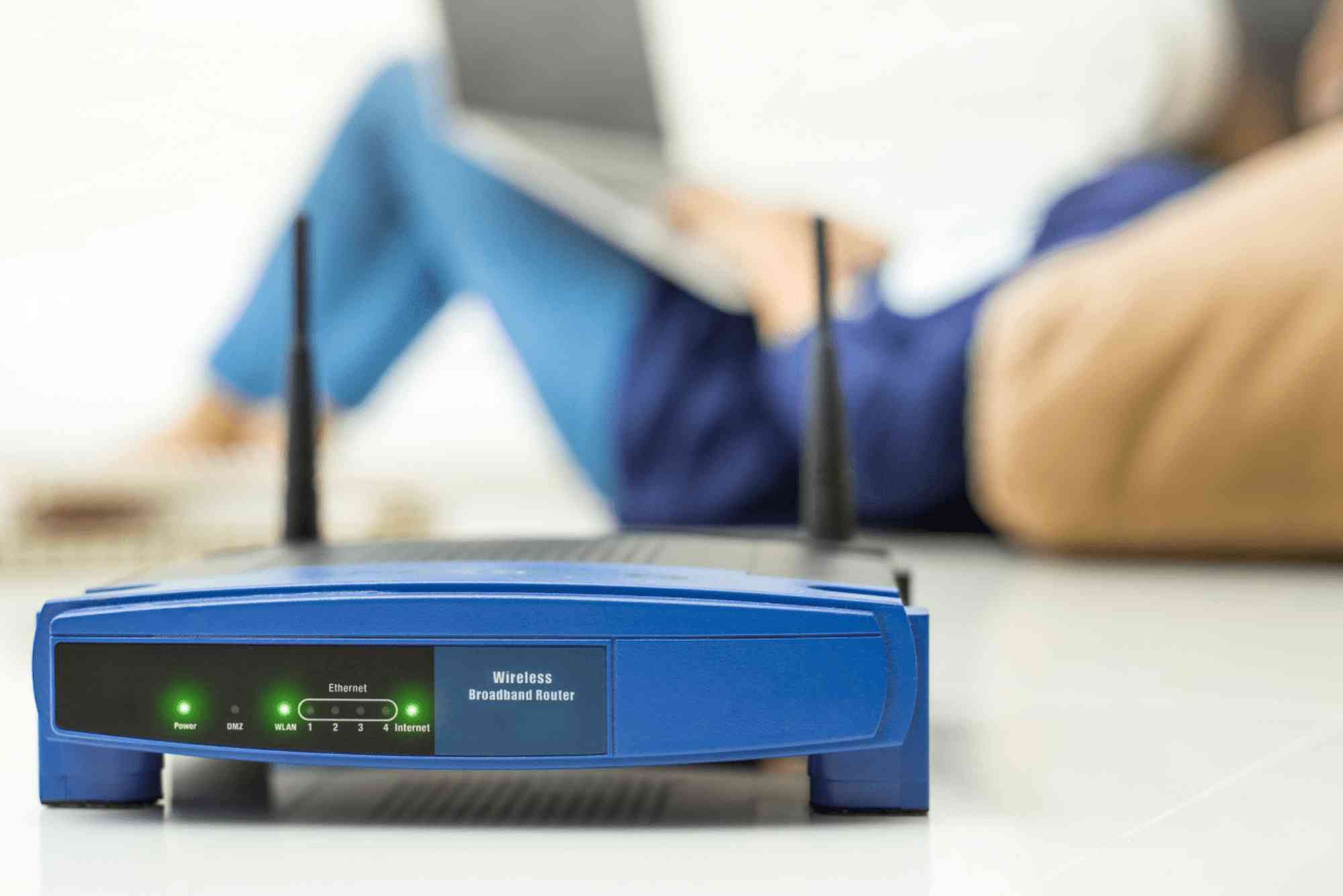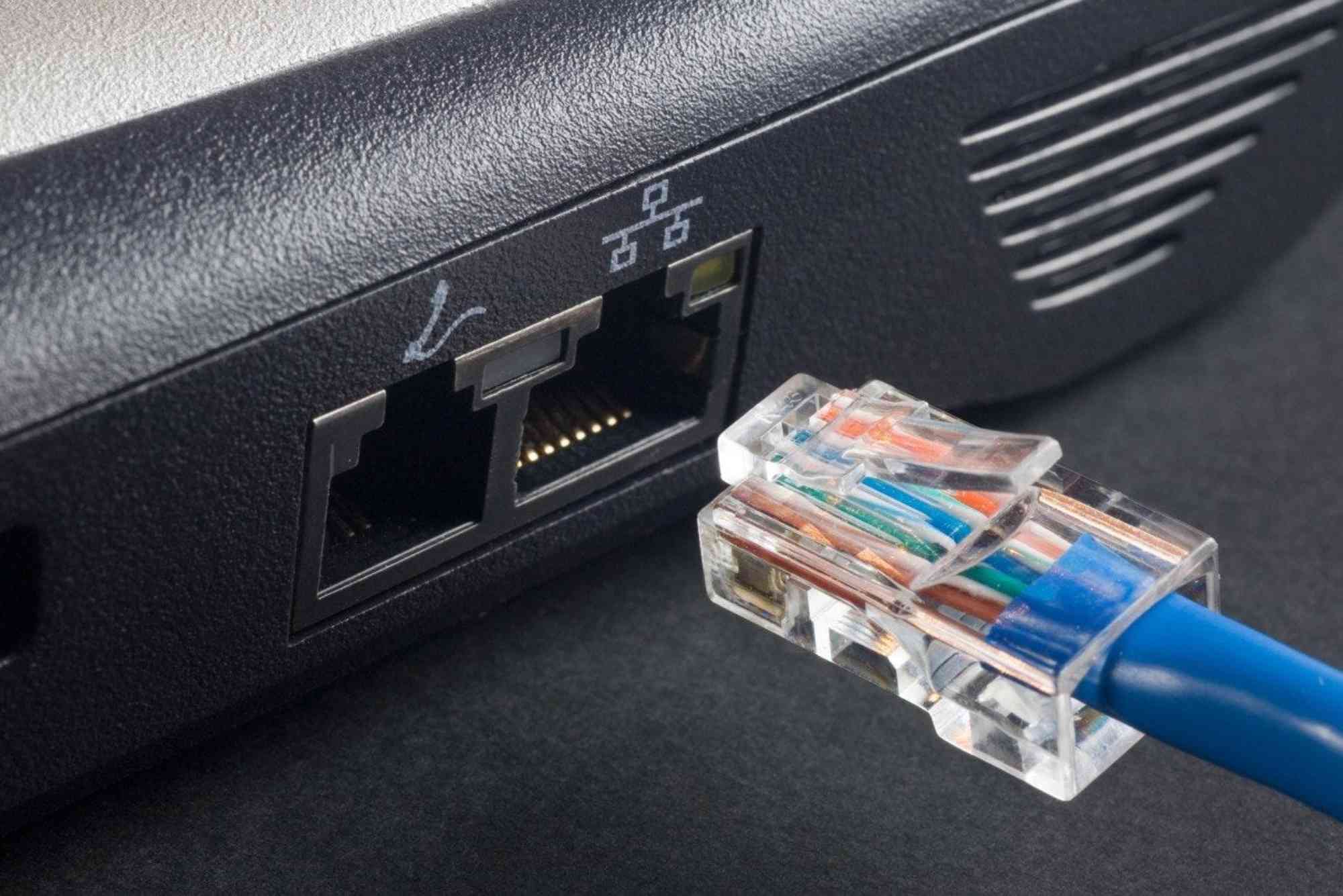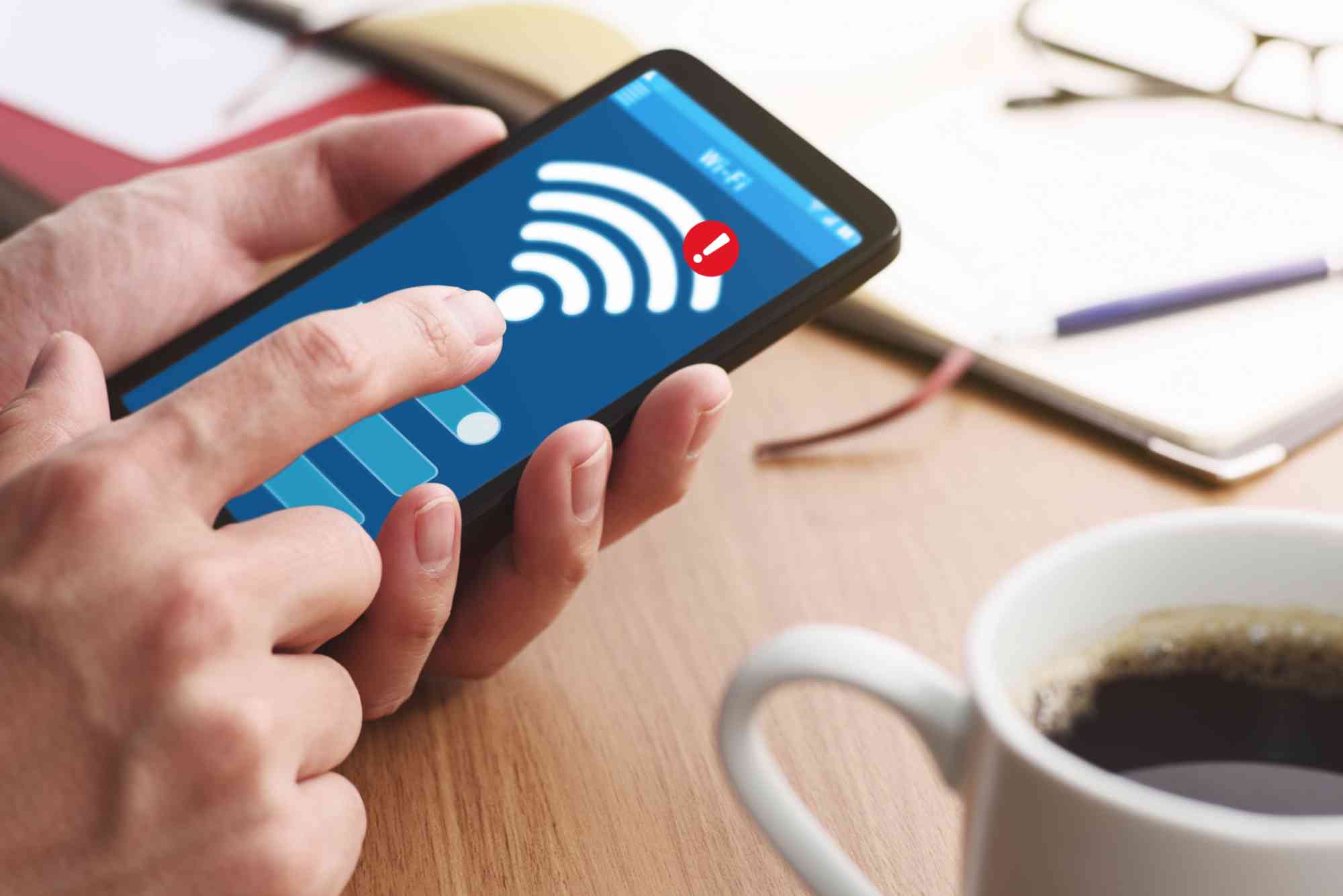Wi-Fi Password Strength Tips for Maximum Security
In today’s connected world, your Wi-Fi is more than just a convenience—it is the gateway to your personal and professional data. Every device in your home, from smartphones to smart TVs, depends on your wireless network. Yet, many people overlook the importance of a secure password. Weak Wi-Fi credentials make it easy for hackers to infiltrate your network, steal information, and even compromise your identity. This is why understanding the best Wi-Fi password strength tips is essential for maximum protection. A strong, well-protected network ensures peace of mind and safeguards your digital life.
Why Wi-Fi Password Strength Matters
Wi-Fi networks are often the first target for cybercriminals. Unlike other digital accounts, once someone gains access to your wireless connection, they can intercept data, monitor online activity, and exploit vulnerabilities in connected devices. Many people still use default router passwords or simple combinations like “12345678,” which attackers can crack within seconds. Strengthening your Wi-Fi password is the simplest yet most effective step you can take to secure your online presence.
Key Wi-Fi Password Strength Tips for Better Security
When building a strong Wi-Fi password, you need more than just a random string of letters. It requires a strategic approach to length, complexity, and uniqueness. Here are some proven strategies you can use.
Make Your Password Long and Complex
The longer your password, the harder it is for hackers to guess. Aim for at least 12 to 16 characters, combining uppercase and lowercase letters, numbers, and special symbols. For example, a password like “M!cr0wave#Table7” is far more secure than a simple word like “kitchen.” Length combined with complexity exponentially increases the time required to crack it through brute force attacks.
Avoid Common Words and Patterns
Hackers often rely on dictionary attacks that test common words, phrases, and predictable sequences. Avoid using words like “password,” birthdays, pet names, or repeated digits. If your password contains any identifiable detail about you, it becomes easier to guess. Instead, use nonsensical phrases or mix unrelated words together, such as “OrangeLamp!7Wind.”
Use Passphrases Instead of Single Words
One of the best Wi-Fi password strength tips is creating passphrases. A passphrase is a string of random words combined in a way only you would remember. For instance, “BlueHorse$RunsFast@Night” is not only long and unique but also easy to recall compared to a jumble of random letters. Passphrases balance memorability with security.
Change Default Router Passwords Immediately
Routers often come with pre-set default usernames and passwords. These are widely available online, which means anyone can find them with minimal effort. Changing the default password the moment you set up your router is critical. Always replace it with something unique and strong before connecting any device.
Update Your Password Regularly
Even the strongest passwords can be compromised over time. To minimize risk, consider updating your Wi-Fi password every six months. While frequent changes may seem inconvenient, this habit greatly reduces the window of opportunity for attackers who may have obtained your credentials.
Enable WPA3 or WPA2 Encryption
Your Wi-Fi password is only as secure as the encryption protecting it. Older security protocols such as WEP are outdated and easy to bypass. Ensure your router is using WPA3, the latest standard, or WPA2 if WPA3 is unavailable. Encryption ensures that even if someone intercepts your signal, the data remains unreadable without the correct password.
Keep Your Router Firmware Updated
Router manufacturers release firmware updates to patch security flaws and improve performance. Neglecting these updates leaves your network exposed to known vulnerabilities. Set reminders to check for firmware updates every few months. Some modern routers also allow automatic updates, which is the safest option.
Use a Unique Password for Wi-Fi Only
Reusing passwords across different accounts is a common mistake. If a hacker gains access to one of your accounts, they can attempt the same password on your Wi-Fi. Always create a dedicated, unique password solely for your wireless network. This ensures that a breach in one account does not compromise your entire home network.
Store Passwords Safely
Creating strong passwords is useless if you forget them or write them down in unsafe places. Consider using a password manager to store and organize your credentials securely. These tools encrypt your data, making it safe from prying eyes. If you prefer manual storage, avoid keeping your Wi-Fi password on sticky notes or text files.
Additional Security Practices Beyond Passwords
While strong Wi-Fi passwords form the foundation of network security, additional steps enhance protection further.
Hide Your SSID
Your network name, or SSID, is what others see when searching for Wi-Fi connections nearby. By hiding your SSID, you make your network less visible to outsiders. While it is not a foolproof method, it adds another layer of difficulty for unauthorized users.
Limit Guest Access
Providing guests with unrestricted Wi-Fi access can be risky. Many routers allow you to set up a separate guest network. This keeps visitors on a different channel, preventing them from accessing your primary devices. You can also limit bandwidth on guest networks to avoid slowdowns.
Disable WPS
Wi-Fi Protected Setup (WPS) was designed to make connecting devices easier but has become a known security risk. Hackers can exploit its vulnerabilities to break into your network. Disabling WPS in your router settings reduces this risk.
Monitor Connected Devices
Regularly check which devices are connected to your Wi-Fi. Most routers offer a dashboard displaying all active connections. If you notice unfamiliar devices, change your password immediately. Monitoring ensures that unauthorized users do not linger on your network unnoticed.
Consider Professional Services
For those unsure about handling technical aspects, professional support can be valuable. Providers like Dhanote Internet Services often guide customers on setting up secure networks, updating firmware, and protecting against cyber threats. Expert help ensures that even non-technical users can enjoy maximum protection.
Common Mistakes to Avoid
When strengthening your Wi-Fi password, it’s easy to fall into traps that undermine your efforts. Avoid the following: using personal information, writing passwords where others can see, relying on short or predictable phrases, and failing to change passwords after suspicious activity. These mistakes give hackers an advantage.
Secure Your Digital World with Strong Wi-Fi Passwords
Your Wi-Fi network is the backbone of your digital life. From personal emails to financial transactions, nearly everything you do online flows through it. Neglecting its security can lead to devastating consequences. By following these Wi-Fi password strength tips—choosing long, complex passphrases, avoiding predictable patterns, enabling modern encryption, and updating passwords regularly—you can shield yourself from intruders and cyber threats. Don’t wait until a security breach forces you to act. Take proactive steps today to strengthen your network. Secure your connection, safeguard your devices, and ensure your peace of mind. If you need reliable support and guidance, consider reaching out to trusted providers like Dhanote Internet Services for professional help in managing your Wi-Fi security.
FAQs
What is the best way to create a strong Wi-Fi password?
The best approach is to use a long passphrase combining uppercase, lowercase, numbers, and special characters. Aim for at least 12 to 16 characters.
How often should I change my Wi-Fi password?
It is recommended to update your Wi-Fi password every six months or immediately if you suspect unusual activity.
Is WPA3 better than WPA2?
Yes, WPA3 offers stronger encryption and improved protection against brute force attacks. If your router supports WPA3, enable it for maximum security.
Can hiding my Wi-Fi network make it more secure?
Hiding your SSID makes your network less visible but does not replace the need for a strong password. It is an additional layer of security, not a complete solution.
Should I give my Wi-Fi password to guests?
If you must, create a separate guest network. This prevents guests from accessing your main devices and sensitive data.
What happens if I use the same password for multiple accounts?
Reusing passwords increases risk. If one account is hacked, attackers may attempt the same password on your Wi-Fi and other accounts.

